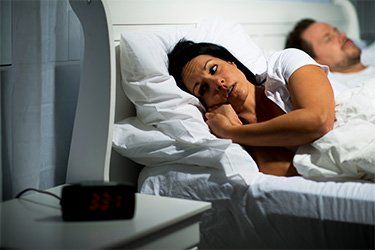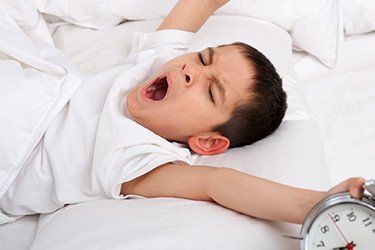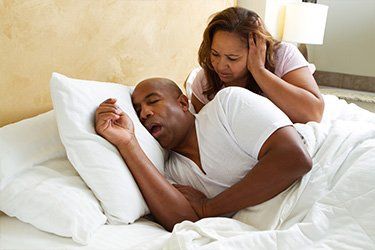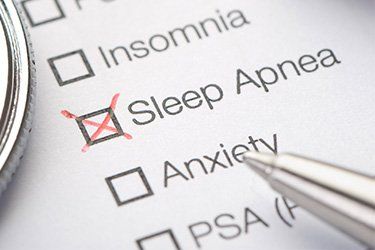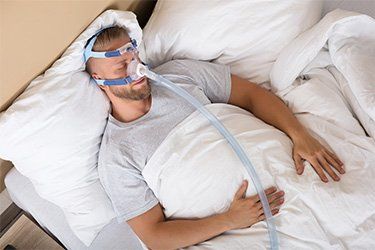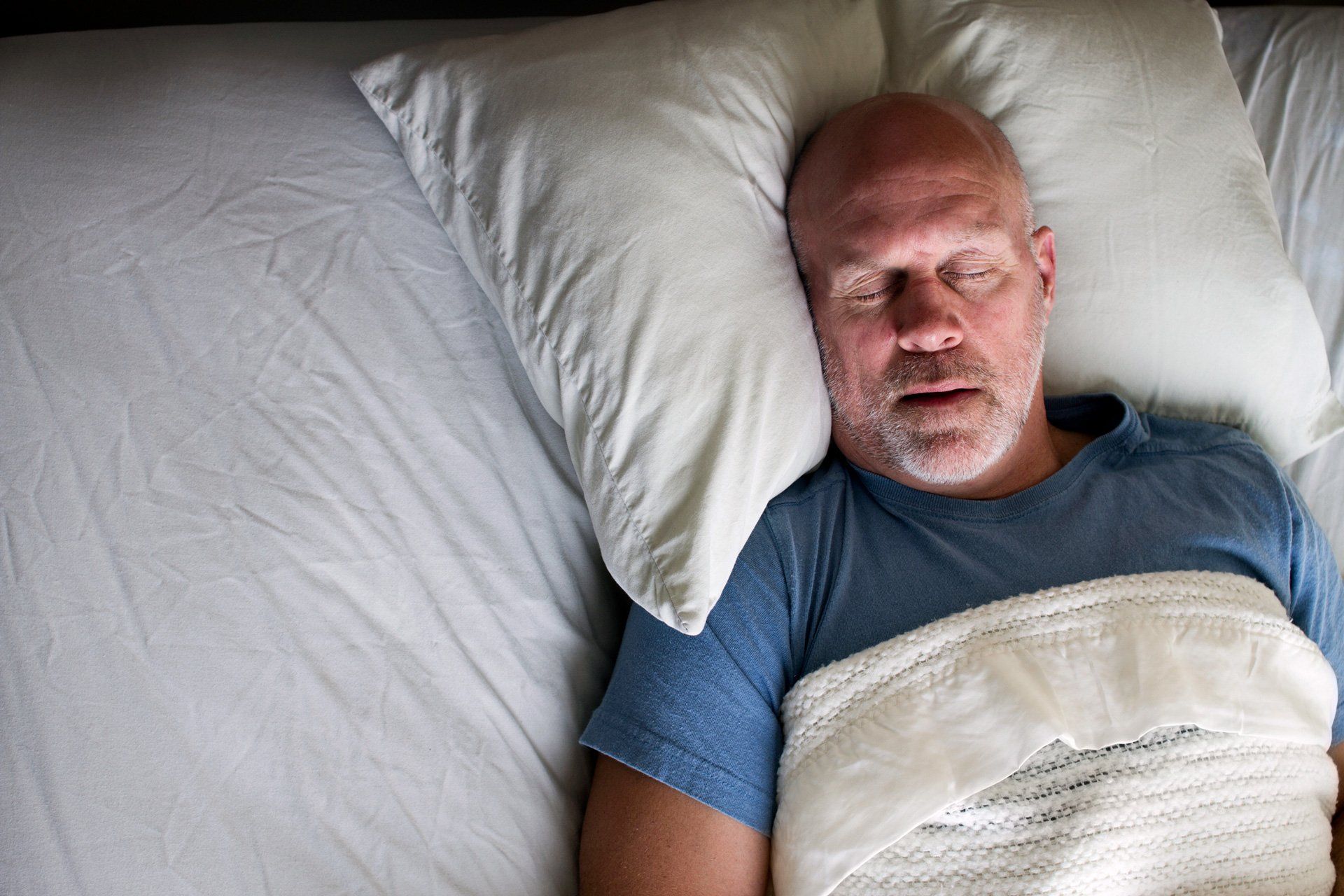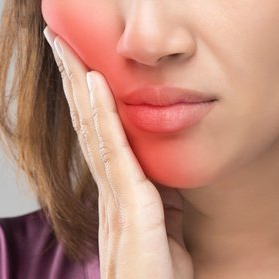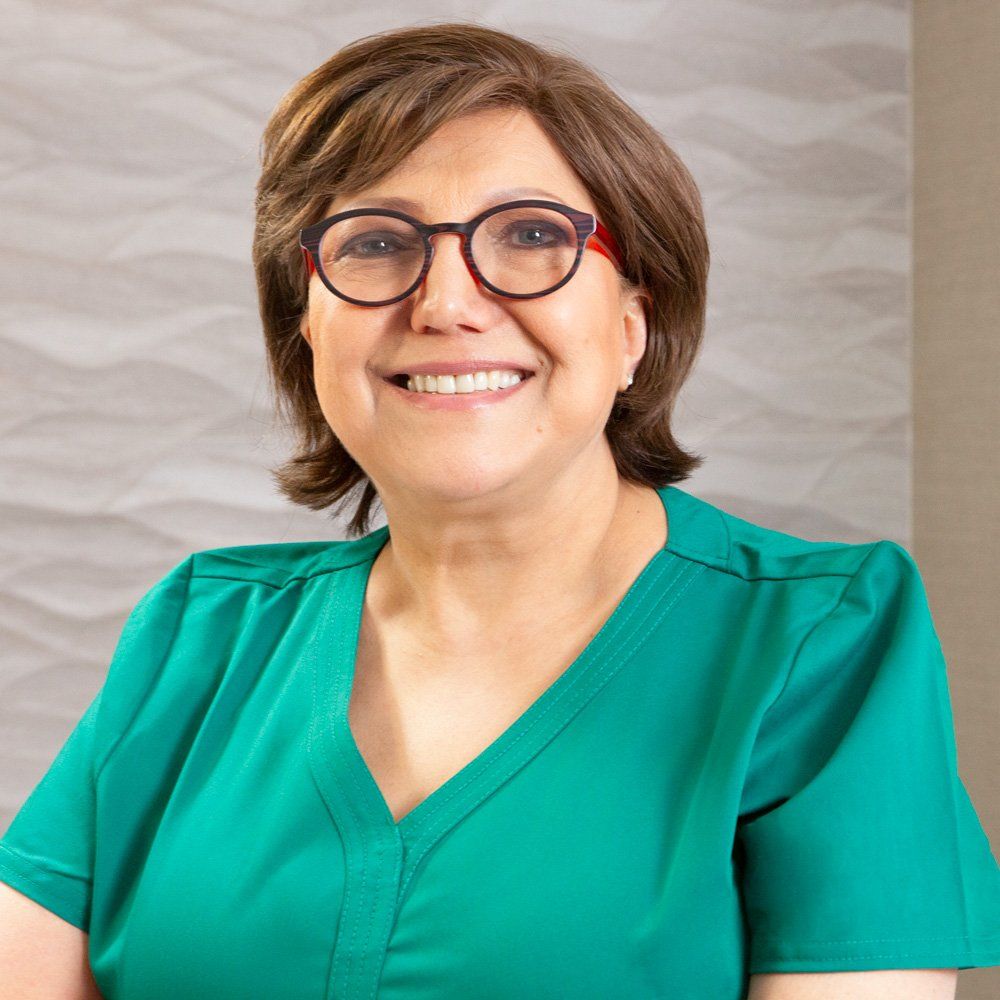What Is Central Sleep Apnea?
Central sleep apnea (CSA) is another type of sleep disordered breathing that can negatively impact your health. While less common than obstructive sleep apnea (OSA), central sleep apnea (CSA) has the same damaging effects on the body.
When a person suffers from this type of sleep apnea, they do not struggle with a blocked airway, rather their body does not receive the signal to breathe from the area of the brain that controls breathing. The person either stops breathing or breathes shallowly and ineffectively.
Just as with obstructive sleep apnea, this causes the body receives an insufficient volume of oxygen to support the body’s functions and needs. The person may suddenly awaken and sit up to catch their breath, then fall back to sleep. This cycle continues throughout the night, lowering the person’s blood oxygen levels and interrupting their sleep. If left untreated, this can lead to a variety of unwanted medical conditions.
At Breath of Life Dental (BOLD), we offer alternative treatments for central sleep apnea that can help you get the restful sleep you deserve. Call us at
(301) 818-2653 to schedule your consultation with Dr. Maryam Seifi today and find out how we can tackle your sleep apnea.
Symptoms of Central Sleep Apnea
It’s important to understand what symptoms can warn you of central sleep apnea. Be sure to talk to your doctor or dentist if you notice any of the most common signs and symptoms of sleep apnea, which include:
- Daytime sleepiness
- Morning headaches
- Low tolerance for exercise
- Drops in blood oxygen levels that contribute to cardiovascular problems
- Waking up gasping for air or choking
- Difficulty concentrating during the day
- Unexplained changes in mood, like depression or anxiety
- Sudden short temper or irritability
- Unusually low sex drive
- Difficulty getting to sleep and staying asleep
- Higher blood pressure
- Increase in cholesterol levels
- Increase in blood sugar
Are you worried that you have central sleep apnea? Schedule an appointment with Dr. Maryam Seifi at Breath of Life Dental (BOLD). She can help you determine your risk, advise you on where to go for an official diagnosis, and devise a treatment plan to handle your symptoms so you can sleep well at night
Medical Risks of Untreated Sleep Apnea
Sleep apnea is much more dangerous than simply feeling tired all the time. That’s because when you experience an apnea event, your body stops breathing—which means you are literally suffocating. Not only does this interrupt your sleep, but it lowers your blood oxygen level.
Your body needs to breathe to be healthy! That’s why it’s important to get treatment for your sleep apnea right away so you can reduce your risk of conditions like:
- High blood pressure
- Liver problems
- Heart attack
- Increased blood sugar
- Increased cholesterol levels
- Type 2 diabetes
- Metabolic syndrome
- Heart disease
- Stroke
- Death
Breath of Life Dental (BOLD) uses proven, non-invasive treatments that address the underlying causes of your sleep apnea so you can rest easily. Call us at (301) 818-2653 to schedule your consultation with Dr. Maryam Seifi today, and find out how we can help you get a good night’s sleep!
What Causes Central Sleep Apnea?
Central sleep apnea is more complicated than obstructive sleep apnea because it can be caused by several different conditions. CSA is further broken down by the quality of your breathing at night: is it too slow (hypoventilation) or too fast (hyperventilation)? And these two types have their own causes and solutions.
Hypoventilation type CSA, where your breathing is abnormally slow, can be caused by:
- Medical conditions that affect the brainstem (brain infection, stroke, tumor, trauma, etc.).
- Narcotic medicines, which lower your brain’s ability to send the signals that control your breathing and can relax your muscles too well, making it harder to breathe.
- Neuromuscular diseases, such as amyotrophic lateral sclerosis (ALS) or multiple sclerosis (MS). These conditions cause muscle weakness, including your respiratory muscles.
Hyperventilation type CSA, where your breathing is too fast, can be caused by:
- Cheyne-Stokes breathing, which is a distinct pattern of breathing commonly found in people with heart conditions (like heart failure and atrial fibrillation) that leads to CSA.
- Altitude-induced periodic breathing, which can happen after you ascend to an altitude above 8,000 feet where the air has a lower concentration of oxygen (such as on a hike). This causes you to breathe harder and can lead to CSA when you sleep.
- Treatment-emergent central sleep apnea, which occurs in a small percentage of people who receive continuous positive airway pressure (CPAP) therapy as treatment for obstructive sleep apnea. When this happens, you can start to experience both obstructive and central apnea events throughout the night.
- Idiopathic central sleep apnea, also known as
primary central sleep apnea. In this case, “idiopathic” and “primary” both mean that the apnea is not caused by any other known medical condition.
Central Sleep Apnea Risk Factors
There are certain conditions that can increase your risk of developing central sleep apnea in your lifetime. Some of these can be improved at home with a nutritious diet and routine exercise. For the other factors, like sex or age, you should be aware that they increase your risk of CSA.
These risk factors include:
- Sex — Men statistically tend to develop central sleep apnea more often than women do.
- Age — Adults aged 60 and above are more commonly diagnosed with central sleep apnea than younger adults are.
- Heart disorders — Those with heart conditions such as atrial fibrillation, heart disease, or heart failure have an increased risk of developing central sleep apnea compared to those without heart conditions.
- Brain injury or disease — Brain diseases, or medical conditions that injure the brainstem (such as a stroke), can interfere with the brain’s capability to automatically control your breathing when you are asleep.
- Opioid use — Opioids (or other strong sedative medications) can increase your chances of developing central sleep apnea because they affect your response time. If you are using these types of medicines, it can be harder to wake up, which can worsen CSA symptoms.
- CPAP therapy — Treatment-emergent central sleep apnea occurs when a person with obstructive sleep apnea uses a CPAP machine and develops central sleep apnea. Though it affects a small percentage of sleep apnea cases, it is still a risk factor of which you should be aware.
Can My Dentist Diagnose Sleep Apnea?
A dentist cannot officially diagnose sleep apnea. However, Dr. Seifi is uniquely suited to recognizing the early signs and symptoms of sleep apnea because she has been studying this condition and treating it for decades. She has pursued specialized training in sleep disordered breathing and oral appliance therapy in order to help the people with sleep apnea in her community.
After a thorough examination, Dr. Seifi will be able to give you her expert opinion on whether you have sleep apnea, and she can recommend a local sleep center where you can get an official diagnosis from a specialist.
Once your sleep apnea is diagnosed, Dr. Seifi can create your custom treatment plan to handle the underlying causes of your sleep apnea. With her expert guidance, you can get the deep and restful sleep you need for a healthy body.
For More Information
To learn more about sleep apnea, call Breath of Life Dental at (301) 818-2653 .
How Can We Help You?
Disclaimer: The information contained on this website is not intended to be a substitute for professional medical advice, diagnosis, or treatment of a medical issue. Breath of Life Dental encourages you to seek the advice of your physician or you may call our office with any questions you may have regarding TMD or sleep apnea. Everything contained on this website is presented for informational purposes only. While there are many commonalities among multiple TMD and sleep apnea cases, each patient is unique. Information on this website is strictly for educating the reader about what they should discuss with their doctor if they are suffering from the listed symptoms. If you think you may have a medical emergency, call your doctor or 911 immediately.
301-719-3123
Breath Of Life Dental is registered as a Trade Mark Privacy Policy | Cookie Policy | Accessibility Statement | Notice of Privacy Practices | Terms and Conditions
All Rights Reserved | Breath of Life Dental, an office of Dr. Maryam Seifi
Website designed and maintained by Xpress, INC

